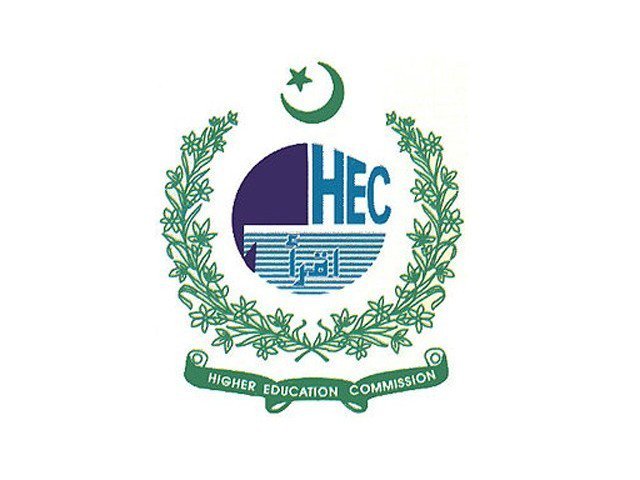
A higher education programme’s ranking is determined by several factors, including the quality of its research and the number of peer-reviewed journal publications its professors churn out annually, the facilities and resources provided to students, the variety of programmes offered, and the job and career outlooks of its graduates. The reason that 48.7 per cent of youth, at least in Karachi, want to emigrate from Pakistan, as cited by a recent survey at Karachi University in collaboration with George Mason University in Virginia, USA, is partly owed to the lack of career and employment opportunities here. Keeping a regular check on whether graduate programmes meet set benchmarks will gradually raise the standard of higher education in the country, thus providing better career opportunities for graduates from local universities and making them competitive for the local job market, where often foreign university graduates sweep the positions, sometimes even starting at higher pay scales. The programmes that have been shut down or suspended must now be guided by the HEC on how to meet clearly outlined benchmarks. Considering that Pakistan has a dearth of universities and an overall dilapidated state of education, be it primary, secondary, or post-graduate, the ultimate goal should be to collaboratively help varsities raise their standards.
Published in The Express Tribune, September 26th, 2016.
Like Opinion & Editorial on Facebook, follow @ETOpEd on Twitter to receive all updates on all our daily pieces.






1735025557-0/Untitled-(96)1735025557-0-270x192.webp)











COMMENTS (4)
Comments are moderated and generally will be posted if they are on-topic and not abusive.
For more information, please see our Comments FAQ